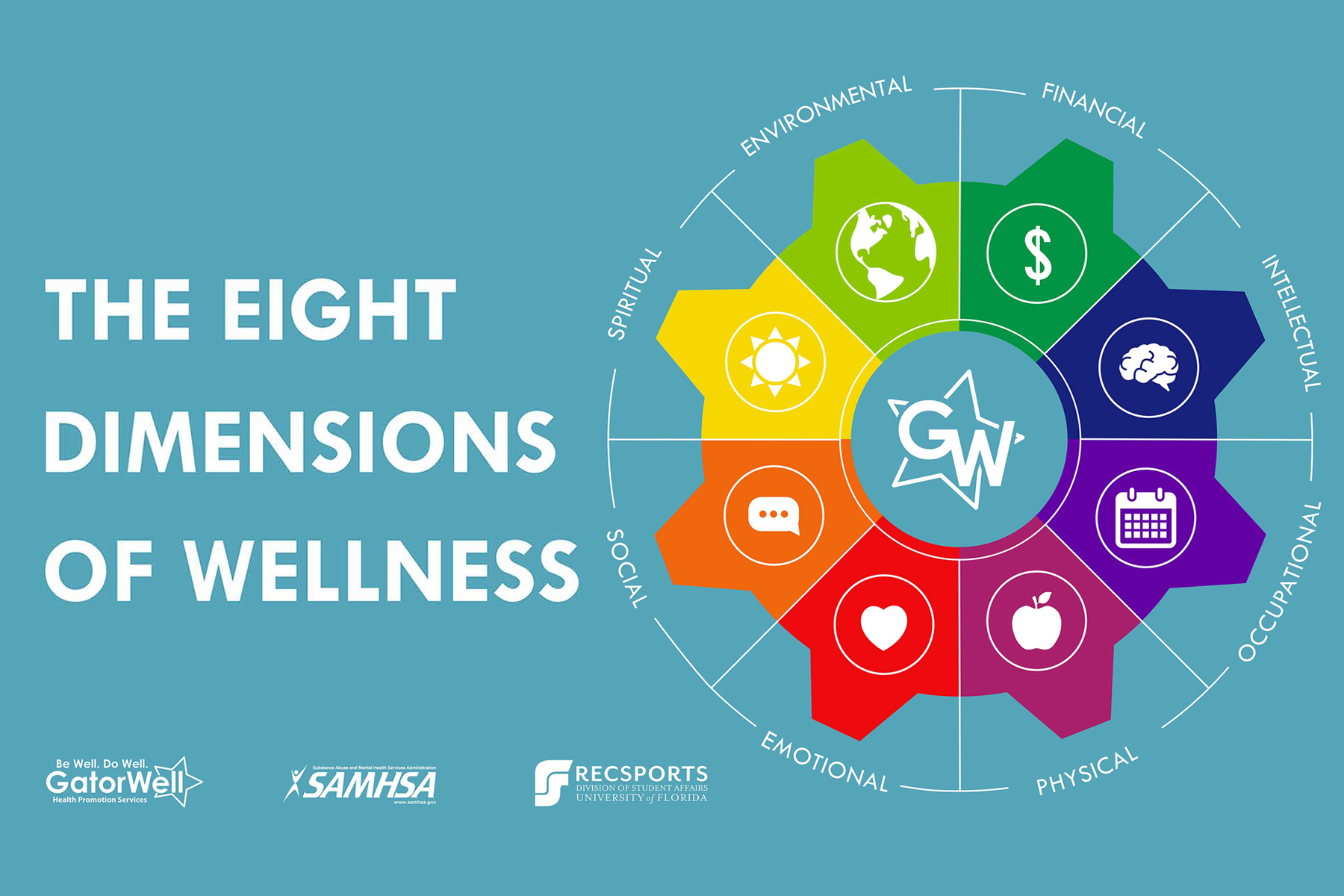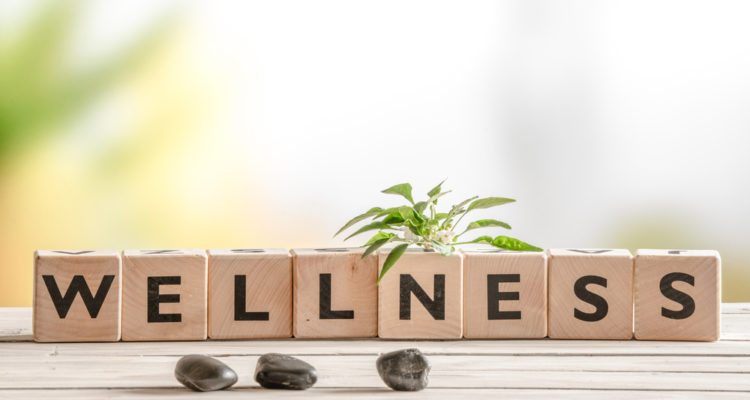August is almost over, and as we kiss the last days of summer goodbye, we begin preparing for the next whirlwind of events. School is back in session, we are on the brink of the holiday season, and we are on the cusp of 2020! So, what better time than now to celebrate National Wellness Month? It’s the perfect time to be served a reminder that our health and wellbeing should be a priority.

For four decades, the wellness industry has become a billion-dollar industry, inundating us with products and services that promote health, wellbeing, and the promise of a fulfilling life. However, the concept of wellness didn’t come out of the blue; instead, it is a revival of a concept that dates back much farther. According to the Global Wellness Institute, the idea of wellness is “firmly rooted in several intellectual, religious, and medical movements in the United States and Europe in the 19th century.” As early as 3,000 B.C., wellness has been documented in the texts of Ayurveda, an eastern holistic practice that aims to establish harmony between the mind, body, and spirit.

So, what does wellness mean in today’s day and age? The concept transcends being in good physical health; rather, it encompasses a proactive approach to making decisions that benefit wellbeing. According to the National Wellness Institute, wellness is an active process through which people become aware of, and make choices toward, a more successful existence.

The consensus among most leaders in the industry is that there are six dimensions to wellness: emotional, occupational, physical, social, intellectual, and spiritual. Here are a few ways we can address each aspect to achieve our ultimate goal: thriving instead of surviving, and living to our full potential.
- Social – Spend time with those that “fill your cup” rather than those who deplete it.
- Emotional – Equip yourself with the tools to deal with challenges that inevitably present themselves. Seeking guidance from someone you trust, whether it be a friend or a professional, can be a relieving and empowering experience.
- Intellectual – Challenge yourself to take on new experiences and learn new things. Immerse yourself in educating yourself about a topic that interests you, join a book club, learn to play that instrument. These are all ways to keep your mind keen and stimulated.
- Physical – Spend more time with Mother Nature. Period!


